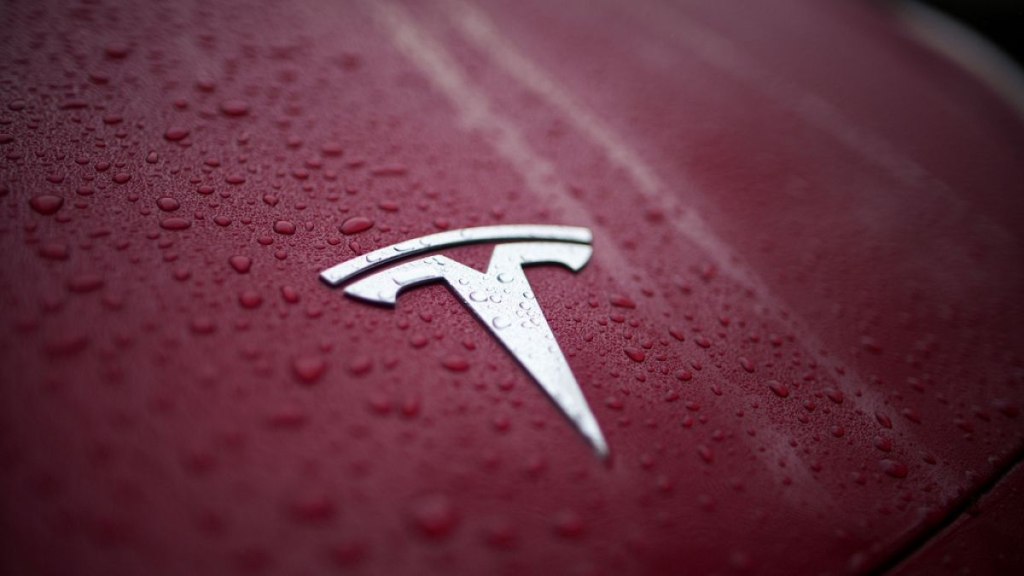Chinese electric car titan BYD has overtaken Tesla in British sales for the first time as public opinion sours towards Elon Musk.
BYD sold 1,614 passenger cars last month, with Tesla selling just 1,458 by comparison, according to data published by the Society of Motor Manufacturers and Traders (SMMT).
The figures represented a 500pc annual increase for BYD, while Tesla’s sales were down about 8pc.
It marks the first time that BYD has outsold Tesla on a monthly basis.
Mr Musk, Tesla’s boss and a key ally of Donald Trump, has suffered a drop in popularity since he waded into European politics to back Right-wing parties such as Reform in the UK and the AfD in Germany, polling shows. Separate figures published in Germany on Wednesday show Tesla’s sales plummeted by 59pc there last month.
His company’s weak performance in January came despite generally strong sales of electric cars, which the SMMT said were up 42pc overall compared to a year earlier.
Electric vehicle (EV) sales rose from 20,935 to 29,634, with their market share rising from 14.7pc to 21.3pc.
By comparison, sales of petrol cars fell 15pc to 70,075 while sales of diesel cars fell 8pc to 8,625.
The overall car market shrunk by 2.5pc in January to 139,345 vehicles – the fourth month of decline in a row – with the SMMT blaming “weak consumer confidence and tough economic conditions”.
Driving mass adoption
Carmakers have slashed EV prices in the past year to meet tough targets set under the Government’s zero emission vehicle (ZEV) mandate, which aimed for 22pc of cars sold last year to be electric.
The target rose to 28pc in 2025 and will keep increasing annually until it reaches 80pc in 2030.
However, the SMMT said demand is not currently high enough to meet this year’s goal. It warned that tax rises for EV drivers that are due to enter force in April risk making the industry’s performance even worse.
The SMMT is forecasting that EV market share will reach just 23.7pc in the coming year.
Mike Hawes, the lobby group’s chief executive, said: “January’s figures show EV demand is growing – but not fast enough to deliver on current ambitions.
“Affordability remains a major barrier to uptake, hence the need for compelling measures to boost demand, and not just from manufacturers.
“Rather than penalising EV buyers, we should be taking every step to encourage more drivers to make the switch, helping meet government, industry and societal climate change goals.”
Mr Hawes pointed to a rise in vehicle excise duty coming for EV drivers in April, under which many will qualify for the so-called expensive car supplement for vehicles that cost more than £40,000.



